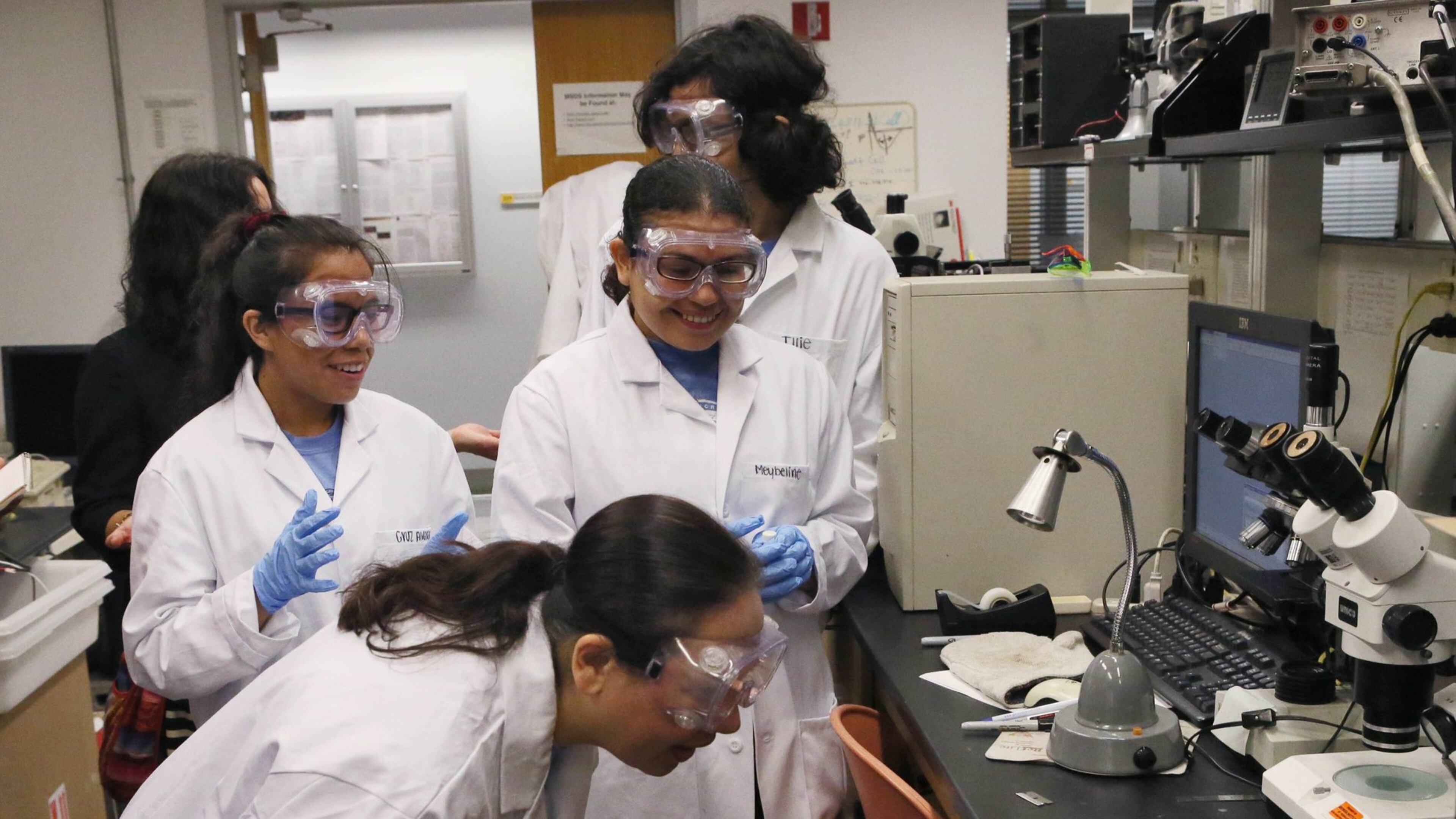Opinion: More Hispanic students pursue higher education

In a guest column, Nick Garza, a founding team member of the National Hispanic Christian Leadership Conference Faith and Education Coalition, outlines why he has hope for the academic arc of Hispanic students.
By Nick Garza
Hispanic students are showing themselves to be one of the most significant influences on the future of the United States. With the increasing involvement in higher education by an exploding Hispanic youth population, Hispanic students will one day be the leaders of America.
Hispanic students are inheriting a culture that highly values education and a system that prizes diversity, resulting in a sharp upward curve in higher education for Hispanic youth. In 2021, the Pew Research Center shows 23% of Hispanics ages 25 to 29 had earned a bachelor’s degree, up from 14% in 2010. Should the current trend continue, Hispanics will one day gain an edge in education.

By 2060, the Hispanic population is projected to reach 111.2 million, almost doubling in just 40 years. The National Hispanic Christian Leadership Conference and the world’s leading Christian universities are discussing new ways of recruiting, retaining and graduating more Hispanic students. These universities are eager to create opportunities for thousands of Hispanic families. In turn, Hispanic students will be a blessing and benefit to universities in many ways.
The NHCLC’s effort to work with Christian universities has been adopted by other organizations as well. Most notably, 20 of the nation’s top research universities recently banded together to form the Alliance of Hispanic Serving Research Universities.
In the announcement, Dr. Heather Wilson, president of the University of Texas at El Paso, outlined the challenge the Alliance would address. “Hispanics are the largest minority group in the United States and are now 17% of the workforce,” she said, “yet they continue to be underrepresented in higher education.”
(In Georgia, Hispanic students represent 11% of the state’s public college enrollment, compared to 44.8% white, 25.2% for Black and 12.9% Asian, according to University System of Georgia data.)
Hispanic students will one day become alumni who take their place in the Latino marketplace, which continues its exponential growth. Compared to a non-Latino economic cohort, Forbes reports that the Latino cohort is growing 4.5 times faster in terms of GDP and contributes most to U.S. economic growth. When separated from the rest of the United States, the Latino market is the eighth-largest economy in the world. Successful alums with outstanding achievements bolster higher education institutions financially and in recruitment.
Most importantly, an increased presence of Hispanic believers in American universities will positively affect campus cultures. Our Latino communities largely adhere to what were once traditional American values — respect for God, country and the institution of the family.
At the NHCLC, we believe young Hispanic Christians in our nation’s universities provide a firewall against a Marxist socialist agenda that has overtaken many American campuses. We are confident our Latino progeny will push back on any agenda that ignores biblical values.
More and more Hispanic leaders are pursuing and participating in relationships with universities to ensure our children and grandchildren have access to higher education. In many Latin American countries, they celebrate their independence. In the United States, Hispanic Americans celebrate a tremendous sense of freedom to pursue life, liberty, happiness and education in a country founded to protect those values.

